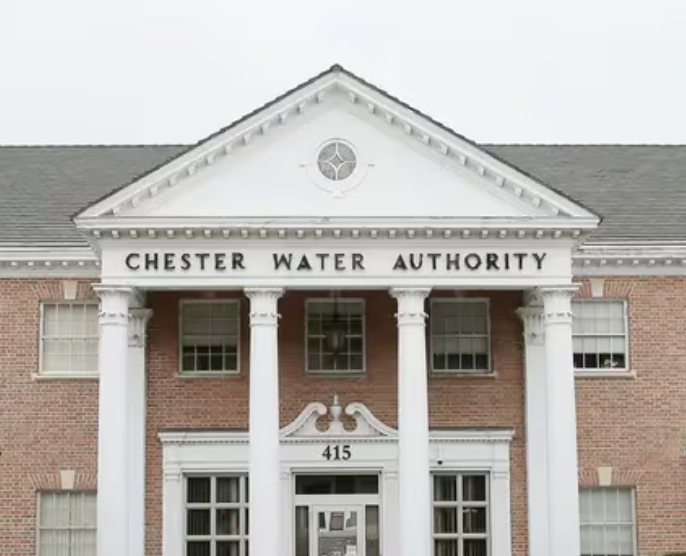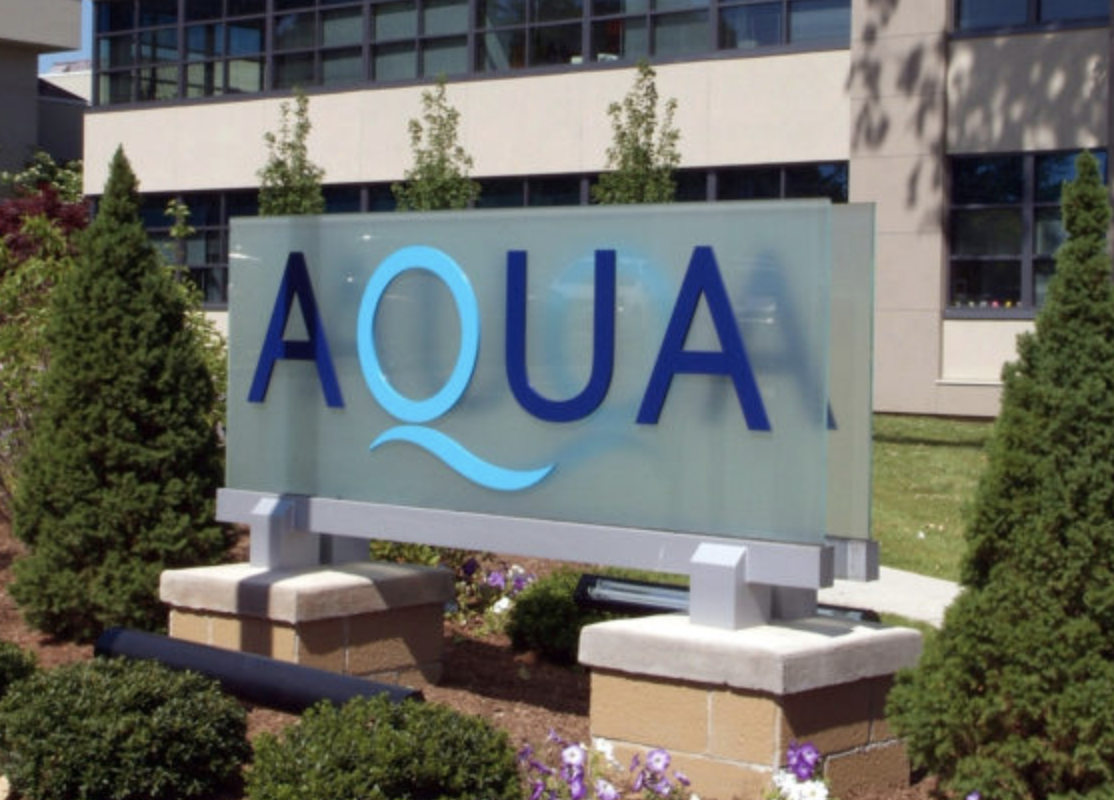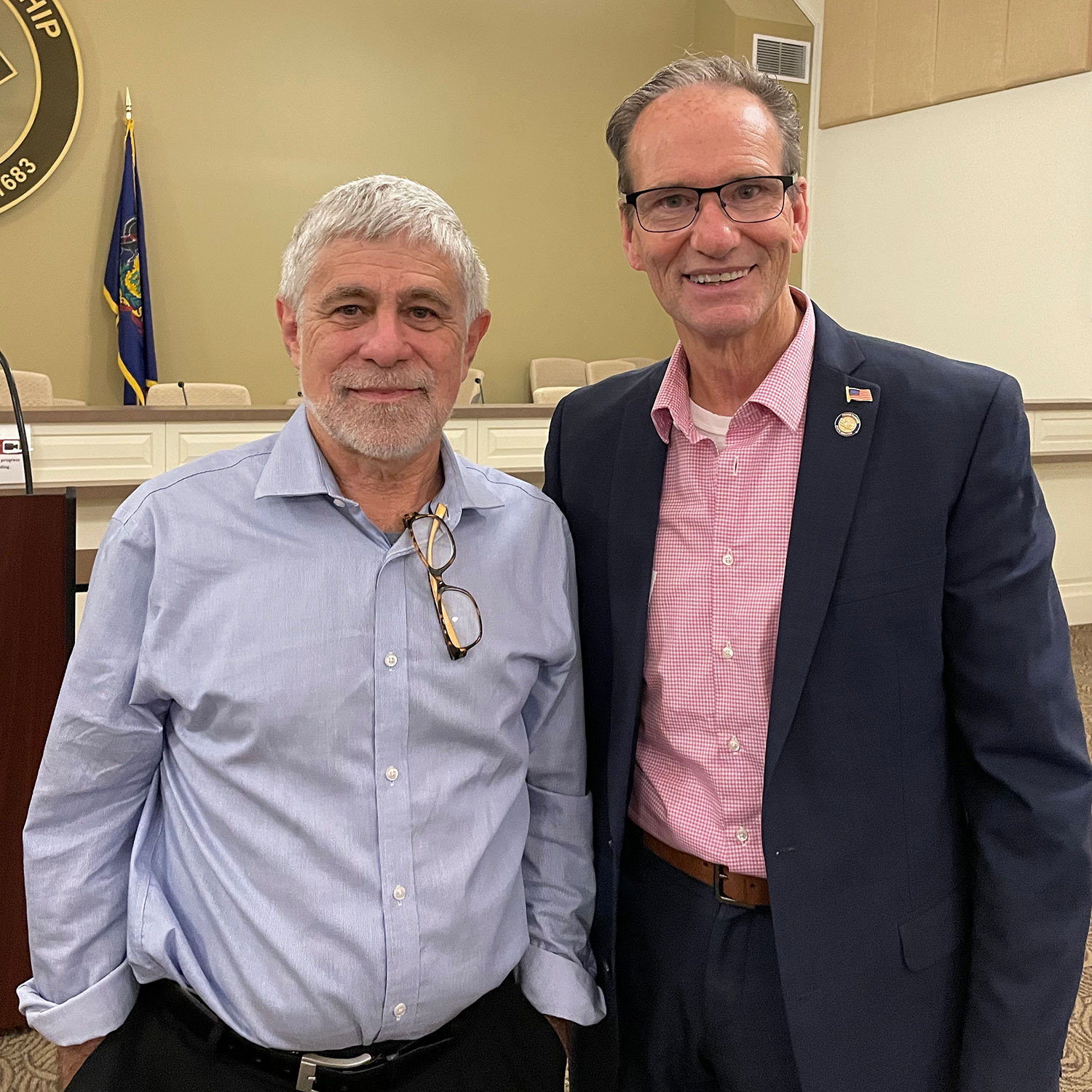The contentious battle over the Chester Water Authority’s (CWA) future has taken a pivotal turn, with the case now heading back to the Pennsylvania Supreme Court. A federal bankruptcy judge made the decision Nov. 20 after an agreement was reached between attorneys for CWA and the City of Chester. CWA attorney Frank Catania expressed frustration, […]







